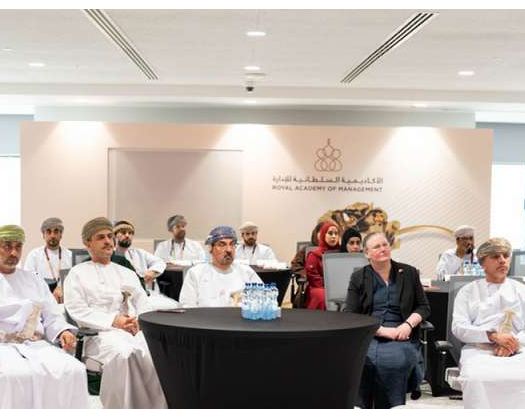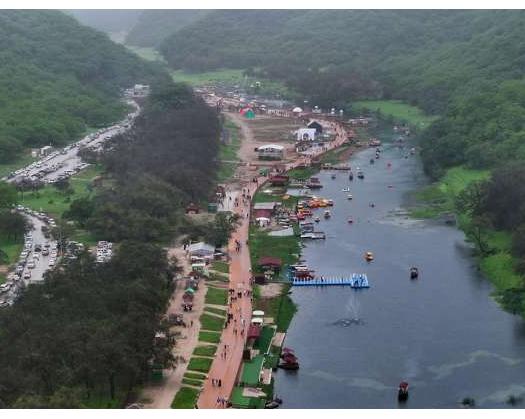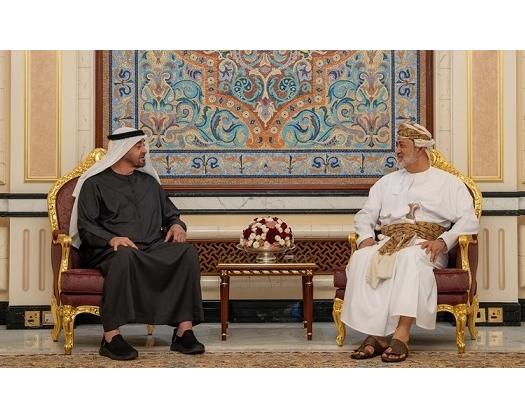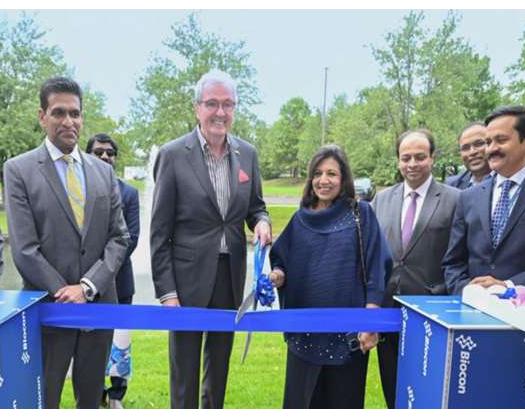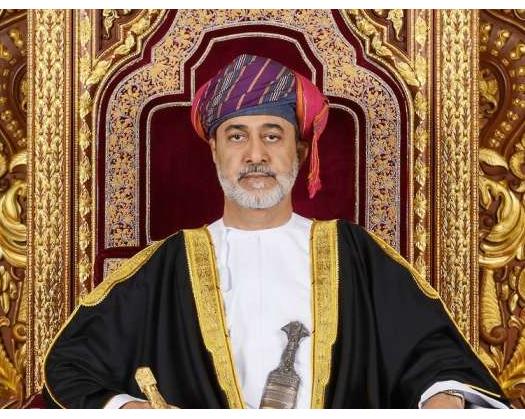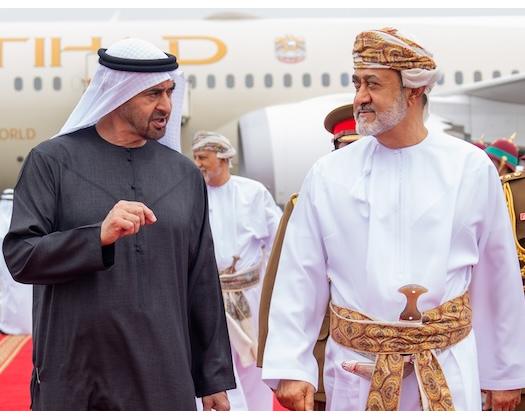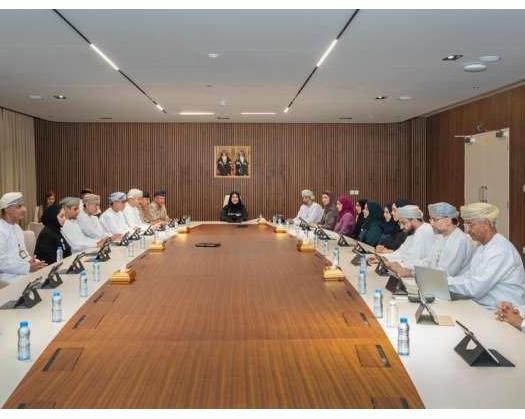Muscat: The Royal Academy of Management (RAM) has launched a strategic initiative aimed at advancing Omani expertise in environmental research.
This program is being executed in collaboration with the Diwan of Royal Court and the Environment Authority, with support from Earthwatch, a prominent international organization.
The objective of the program is to nurture a new generation of researchers and environmental specialists who are prepared to confront both present and future environmental issues, making environmental sustainability a fundamental aspect of national development.
The initiative seeks to empower Omani talent by promoting innovative environmental research that aids in the formulation and execution of sustainable policies. It also aims to raise environmental awareness and build a strong scientific community capable of contributing to informed decision-making. This effort highlights the Royal Academy of Management’s commitment to developing Omani human capital, which is essential for the nation’s strategic vision of sustainable development and readiness to face future environmental challenges.
Azhar Al Zadjali, the Programme Supervisor, highlighted the significance of this initiative, stating:
“The introduction of this program represents a pivotal moment in establishing environmental sustainability as a key priority for Oman. It demonstrates the Royal Academy of Management’s steadfast commitment to human capital development, which is crucial for driving strategic change and achieving holistic, sustainable growth. Through this initiative, we aim to enhance research capabilities, cultivate advanced leadership skills, and empower participants to create innovative, science-driven solutions that address urgent environmental issues while preparing for future challenges with agility and resilience.”
The program emphasizes critical domains such as the management of natural resources, strategies for climate change mitigation, and the preservation of biodiversity. It utilizes a comprehensive approach that integrates both theoretical knowledge and practical experience, facilitated by local and international experts, to ensure the provision of training content that meets global standards.
Divided into several phases, the program began in December 2024 with the establishment of research groups that align with national priorities. This will be succeeded by the formulation of research plans and applied projects in January 2025. The execution of field research projects will continue until September 2026, concluding in March 2027 with a thorough evaluation of results and the release of a final report.

